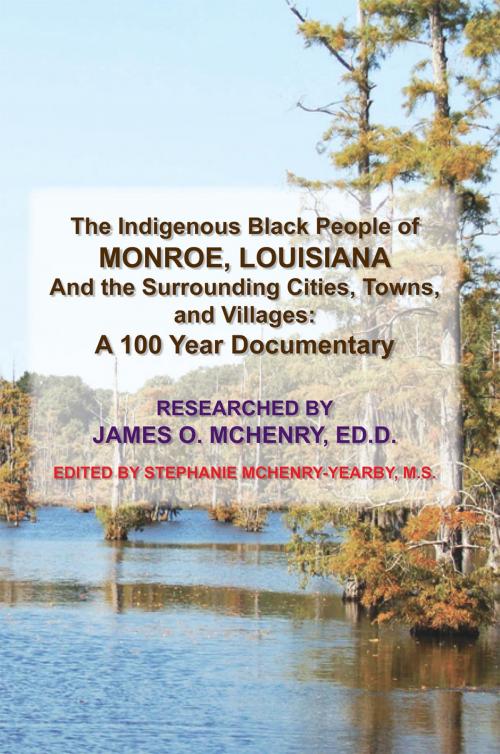The Indigenous Black People of Monroe, Louisiana and the Surrounding Cities, Towns, and Villages
A 100 Year Documentary
Nonfiction, History, Americas, United States, State & Local| Author: | James O. McHenry ED.D | ISBN: | 9781453588604 |
| Publisher: | Xlibris US | Publication: | October 26, 2010 |
| Imprint: | Xlibris US | Language: | English |
| Author: | James O. McHenry ED.D |
| ISBN: | 9781453588604 |
| Publisher: | Xlibris US |
| Publication: | October 26, 2010 |
| Imprint: | Xlibris US |
| Language: | English |
This book is for those Louisiana slaves (and all the American slaves) whose labor was forced without regard to their humanity, even further, with unrestrained disrespect for their existence. This book is a tribute to the indigenous (originated in or native to the region) Black people of Northeast Louisiana, those folk who were reared in the rural areas, villages, and small towns; who worked on the farms and plantations; sharecropped; cleared all the land; tended all the livestock; planted and harvested all the crops; cooked for, babysat, and cleaned the homes of White folk; and endured the hardships of it all. This is a tribute to those laborers and professionals who strived for better lives for themselves and their families; the people who remained in Monroe, those who migrated to Monroe to make it a fine place to call home, and those who returned to the warmth of Monroe to live; and also, to those who left the area and moved on to other parts of the United States and world. I want to thank them all for trusting me with their stories.
This book is for those Louisiana slaves (and all the American slaves) whose labor was forced without regard to their humanity, even further, with unrestrained disrespect for their existence. This book is a tribute to the indigenous (originated in or native to the region) Black people of Northeast Louisiana, those folk who were reared in the rural areas, villages, and small towns; who worked on the farms and plantations; sharecropped; cleared all the land; tended all the livestock; planted and harvested all the crops; cooked for, babysat, and cleaned the homes of White folk; and endured the hardships of it all. This is a tribute to those laborers and professionals who strived for better lives for themselves and their families; the people who remained in Monroe, those who migrated to Monroe to make it a fine place to call home, and those who returned to the warmth of Monroe to live; and also, to those who left the area and moved on to other parts of the United States and world. I want to thank them all for trusting me with their stories.















